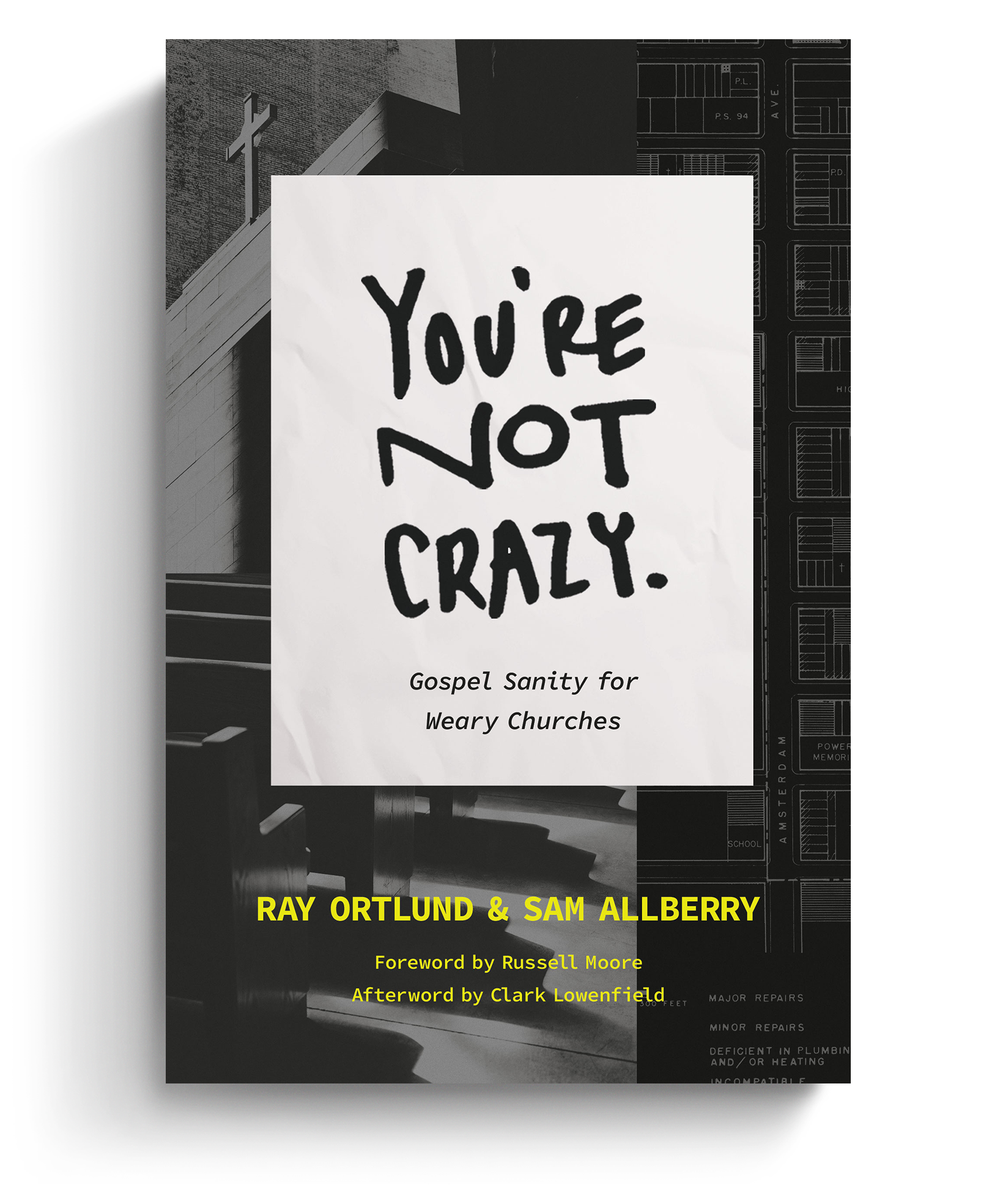
Sooner or later, most Christians will struggle with assurance of salvation. For some of us, the struggle takes the form of an agonizing spiritual depression. We wander in the wilderness of doubt, questioning our salvation or even questioning the love and grace of God. For others, the struggle is more mundane. We live daily with perpetual guilt feelings because of some past sin or some present battle with the flesh. Though we claim to believe the gospel of free grace, we operate in our Christian lives as if God were weighing our actions moment-by-moment in order to see if we are worthy of his acceptance. And even among those who struggle with self-righteous legalism, which seems to be at the other end of the spectrum, few can persist long in such a course without some nagging doubt about their own performance before God.
So what is the answer to our assurance dilemma? Where do we find assurance of salvation? Obviously, struggling Christians must turn to Holy Scripture for the answers to these questions. But what does the Bible teach about assurance?
The Westminster Confession of Faith provides a helpful summary of the biblical teaching on this important doctrine. In its chapter, “Of Assurance of Grace and Salvation,” the Confession claims that all true believers can be “certainly assured that they are in the state of grace.” This certainty is grounded in three realities: 1) “the divine truth of the promises of salvation,” 2) “the inward evidence of those graces unto which these promises are made,” and 3) “the testimony of the Spirit of adoption witnessing with our spirits that we are the children of God.” In other words, our assurance of salvation has both an objective dimension (the truth of God’s promises) and a subjective dimension (inward evidence of God’s grace and the internal testimony of the Holy Spirit). Both dimensions are biblically and practically important. For ministers of the gospel, it often takes pastoral wisdom to discern which dimension needs to be emphasized in each Christian’s life. Those who are tempted to presume upon God’s grace need to be reminded that, by virtue of our union with Christ, he lavishes upon us all of his graces, including both justification and sanctification—-both forgiveness and transformation. But those who are tempted to doubt and despair need to be reminded again and again of the objective promise of the gospel: God justifies the ungodly (Romans 4:5).
In an evangelical subculture that often focuses its attention on the subjective aspects of the Christian life (our mission, our marriages, our parenting, our finances), perhaps we need to hear afresh the “divine truth of the promises of salvation.” Perhaps we need to hear and to repeat the words of Martin Luther in his classic work, On the Freedom of a Christian:
Who can understand the riches of the glory of this grace? Here this rich and divine bridegroom Christ marries this poor, wicked harlot, redeems her from all her evil, and adorns her with all his goodness. Her sins cannot now destroy her, since they are laid upon Christ and swallowed up by him. And she has that righteousness in Christ, her husband, of which she may boast as of her own and which she can confidently display alongside her sins in the face of death and hell and say, “If I have sinned, yet my Christ, in whom I believe, has not sinned, and all his is mine and all mine is his” (from Martin Luther, Three Treatises, p. 287).
The ultimate ground of our assurance does not lie inside of us but outside of us—-indeed, above us, seated at the right hand of the Father. So, when death and hell tempt us to doubt our salvation or to live in perpetual guilt over forgiven sin, our answer to the enemy’s accusations is never, “My righteousness,” but always, “My Christ.”

Being a pastor is hard. Whether it’s relational difficulties in the congregation, growing opposition toward the church as an institution, or just the struggle to continue in ministry with joy and faithfulness, the pressure on leaders can be truly overwhelming. It’s no surprise pastors are burned out, tempted to give up, or thinking they’re going crazy.
In ‘You’re Not Crazy: Gospel Sanity for Weary Churches,’ seasoned pastors Ray Ortlund and Sam Allberry help weary leaders renew their love for ministry by equipping them to build a gospel-centered culture into every aspect of their churches.
We’re delighted to offer this ebook to you for FREE today. Click on this link to get instant access to a resource that will help you cultivate a healthier gospel culture in your church and in yourself.
Luke Stamps is assistant professor of Christian Studies at California Baptist University in the Online and Professional Studies division. He is also a PhD candidate in systematic theology at The Southern Baptist Theological Seminary and is writing a dissertation on dyothelite (two-wills) Christology in the Reformed tradition.